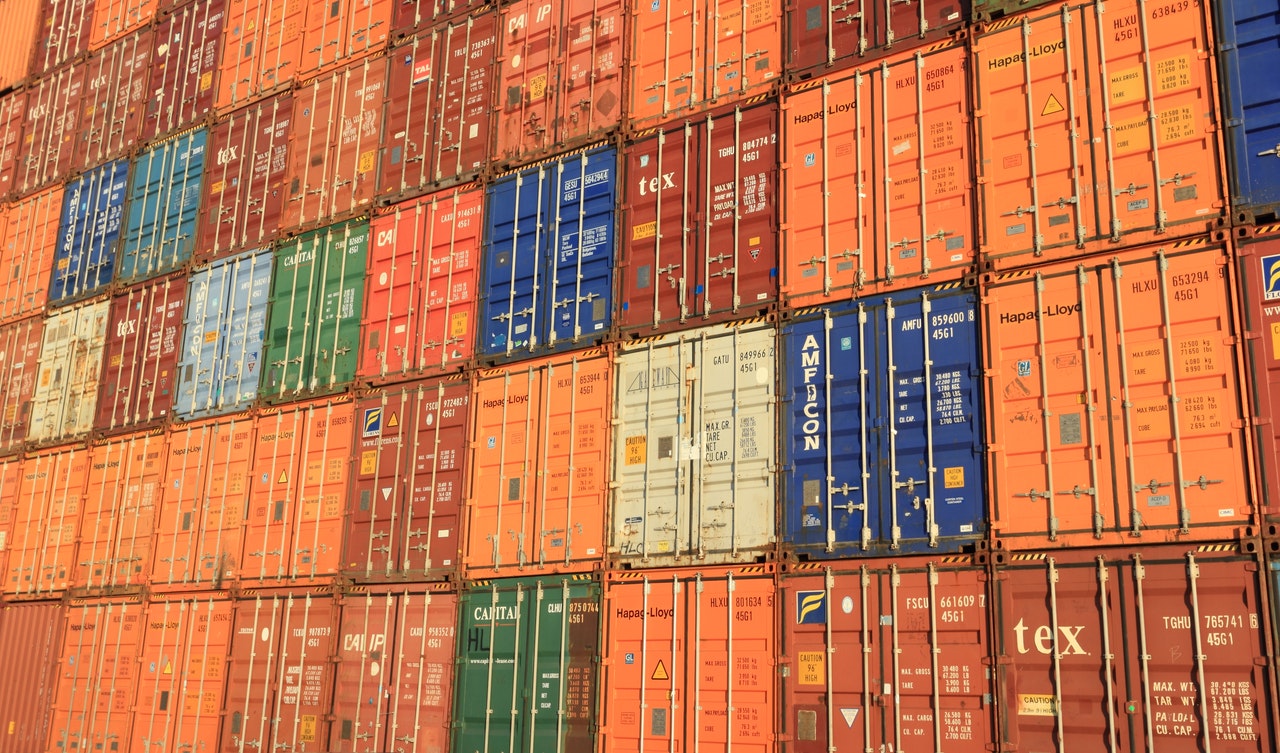Several oil companies posting their quarterly earnings over the last week have reported one of the most profitable quarters on record, leading United Nations secretary general Antonio Guterres to make some strongly worded comments in response.
“This grotesque greed is punishing the poorest and most vulnerable people, while destroying our only common home,” Mr Guterres said, before urging governments “to tax these excessive profits, and use the funds to support the most vulnerable people through these difficult times”.
Energy prices have soared since Russia invaded neighbouring Ukraine. Both are key source markets for fuel for energy, such as crude oil and natural gas.
Malta’s Government has adopted a policy committed to price stability in energy, and in fact the country boasts the lowest energy inflation in the entire EU. While certainly welcomed by most businesses and consumers, Central Bank of Malta governor Edward Scicluna warned that such a policy risks hiding the true cost of energy, encouraging waste as taxpayer cost.
The picture elsewhere is less rosy. In the UK, energy bills are expected to more than double by next winter, from an average £1,400 a year, as calculated last October, to an estimated £3,600 a year by next October.
Although consumers have been feeling the pinch, five of the largest energy firms in the world – Exxon, Shell, Chevron, TotalEnergies and BP have earned almost €60 billion between April and June of this year – almost double their earnings over the same period last year.
BP reported its biggest quarterly profit for 14 years, with underlying profits of €8.45bn – more than triple the amount it made in the same period last year, and the second highest for the quarter in the firm’s history.
Shell meanwhile reported second quarter profits of €10.75bn last week.
The bumper profits have led to calls for higher taxes on energy companies. The UK recently approved a 25 per cent “windfall tax” on energy firms, a one-off levy the government says will raise some €28bn to help offset household energy bills. Other countries, including Italy, have taken similar moves.
Malta’s trade deficit narrows as import shifts and export rebalancing continue in 2026
Over the full year, Malta’s trade deficit narrowed by €444.1 million compared with 2024
Thinking of housing as part of an urban system: what Malta can learn from Singapore’s public housing
Five lessons we can take from the nation twice the size of Malta
Ryanair cuts Malta link to Serbia’s Niš
The low-cost airline is slashing some major routes in Germany, Spain, Belgium, Portugal and Malta






